What Crying in H Mart taught me about overcoming grief
After the loss of a loved one, one must choose to remember rather than forget
Laurinne Eugenio Crying in H Mart by Michelle Zauner is the book that Laurinne Eugenio chose for her Literature Extended essay (EE). During the EE writing and researching process, she learns important lessons relating to topics of overcoming loss and grief.
“Sometimes my grief feels as though I’ve been left alone in a room with no doors… There’s no escape, just a hard surface that I keep ramming into over and over, a reminder of the immutable reality that I will never see her again,” Korean-American musician, director and author Michelle Zauner wrote in her memoir, Crying in H Mart.
In her memoir, Zauner features memories regarding losing her mother to the ravages of cancer. Throughout the memoir, Zauner illustrates how she is able to grapple with obstacles relating to grief and the disconnection with her Korean-American heritage through the inclusion and elaboration of Korean food.
Two weeks ago, I officially submitted the final draft of my Literature Extended Essay (EE), which is one element that International Baccalaureate (IB) program candidates need to complete. According to the official IB website, the EE is “an independent, self-directed piece of research, finishing with a 4,000-word paper.” For the Literature EE, students had the freedom to pick a book or books they desire to read, after the approval of their advisor.
Five days ago, I had my viva voce interview with my advisor, a mandatory part of the EE process. The interview provided me the opportunity to reflect on successes, challenges and lessons learned during the research and writing process. After the oral interview, I had to turn in a written reflection, which marked the end of my EE journey.
After reflecting, I felt grateful for my chosen book. I chose Crying in H Mart because I love going to H-Mart and learning about Korean culture. More specifically, the story was sorrowful because it dealt with thematic subjects relating to death. Through this, I was able to empathize with the author.
Two years ago, I lost my older brother to a tragic incident, so this book and the process of writing the EE hit close to home. Zauner navigated feelings of loss through cooking Korean food and similar to her, I found myself doing the same thing. Ultimately, learning about coping strategies detailed in the book and analyzing them through writing the EE helped me navigate my own struggles after my brother’s passing.
Before reading the book, I thought that overcoming grief meant forgetting about the sorrowful emotions and the incident regarding the passing of a loved one. However, Zauner taught me an important lesson: overcoming grief after the loss of a loved one is about preserving memories with them.
Losing someone is an obstacle that is difficult to overcome. Luckily, after her mother passed away, Zauner found solace in the process of cooking Korean dishes. To cook a Korean dish, Zauner must first visit H Mart, an Asian supermarket, to purchase necessary ingredients where she realizes that “H Mart is the bridge that guides me away from the memories that haunt me, of chemo head and skeletal bodies and logging milligrams of hydrocodone.”
The difficulties that Zauner faced when her mother had to battle cancer were indeed traumatic, but visiting places such as H Mart—a place where she and her mother formed several warmhearted moments—allowed Zauner to persevere amidst those obstacles.
Furthermore, Zauner also found comfort in the act of cooking Korean dishes as “Every dish I cooked exhumed a memory. Every scent and taste brought me back for a moment to an unravaged home.” Korean food reminded Zauner of moments with her mother, as well as her Korean heritage.
Never in my mind did I think that purchasing or cooking food has the ability to become a coping mechanism to combat feelings of grief and loss, not until I read this book. Now, when I go to Seafood City—a Filipino supermarket—and Jollibee—a Filipino fast-food restaurant—or help my parents cook sinigang or adobo—Filipino cuisines—I will be reminded of memories and moments, both happy and sad, spent with my brother when he was still alive.
Instead of forgetting about my brother, what his life was like and the impacts he had on others, the constant remembrance of him helps sustain any and all knowledge associated with him. Overall, after the loss of a loved one, one must choose to remember rather than forget.

I am a senior at Bonita Vista High and a third year staff member on the Crusader. This year, I am co-Editor-in-Chief, and previously was Opinion Editor...

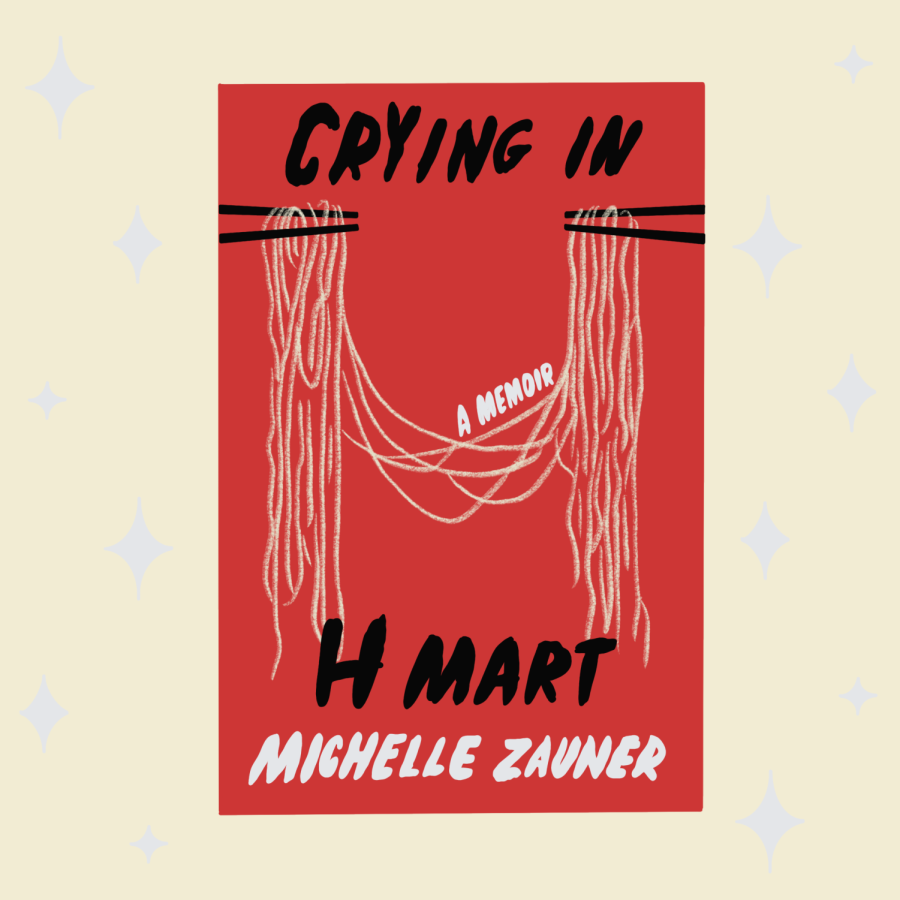


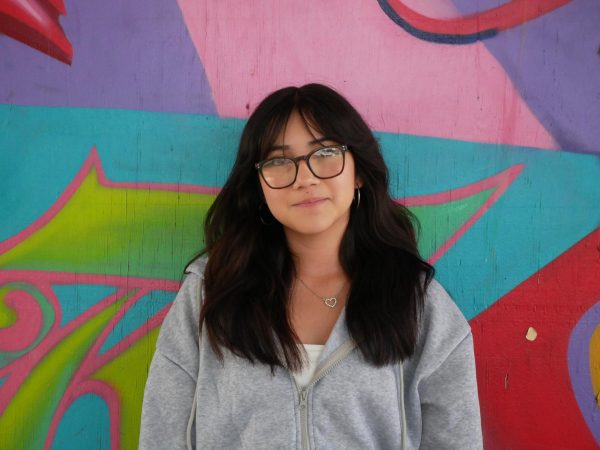



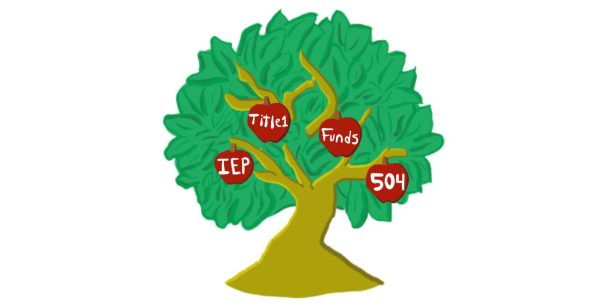
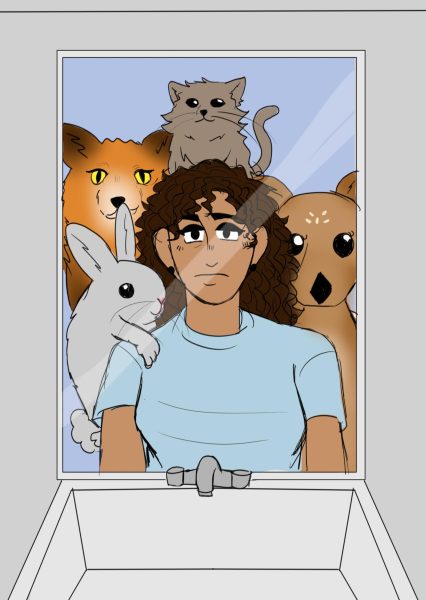
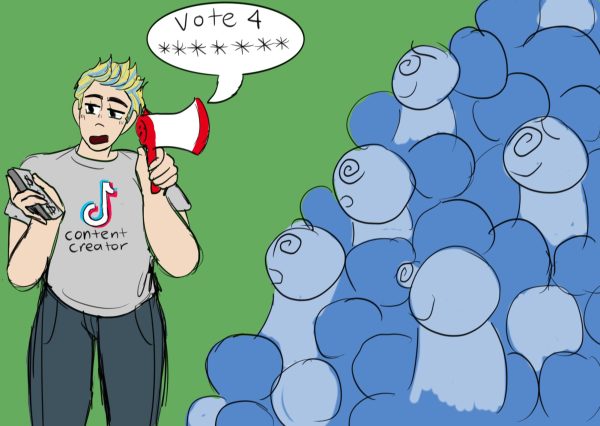

Eric Helle • Mar 1, 2022 at 10:01 am
Ms. Eugenio,
Thank you for sharing your heartfelt column about loss, grief, and the restorative process literature allows us. I wondered if there was a particular meal you’ve recently prepared that helped you connect with your dear, departed brother. During the pandemic, I made a casserole with the politically incorrect label “Chinese Hash” from a recipe tucked in the family cook book my mother had recently given me, and the smells reminded me so vividly of the meals shared in my childhood kitchen with my father.
Lucia • Feb 28, 2022 at 5:33 pm
Thank you for this vulnerable and touching column Laurinne! This book is so powerful, as is seeing the way it moved other readers.